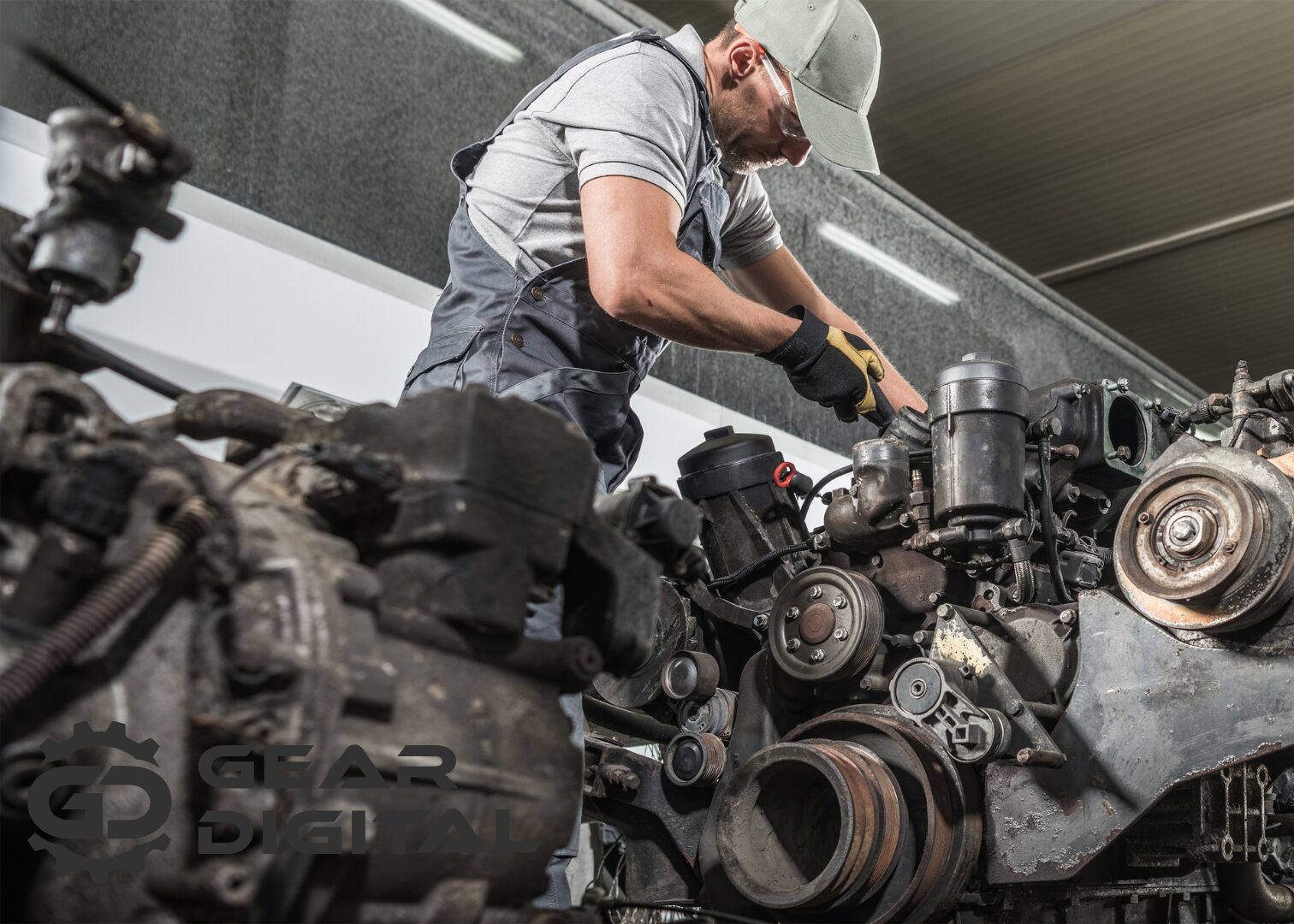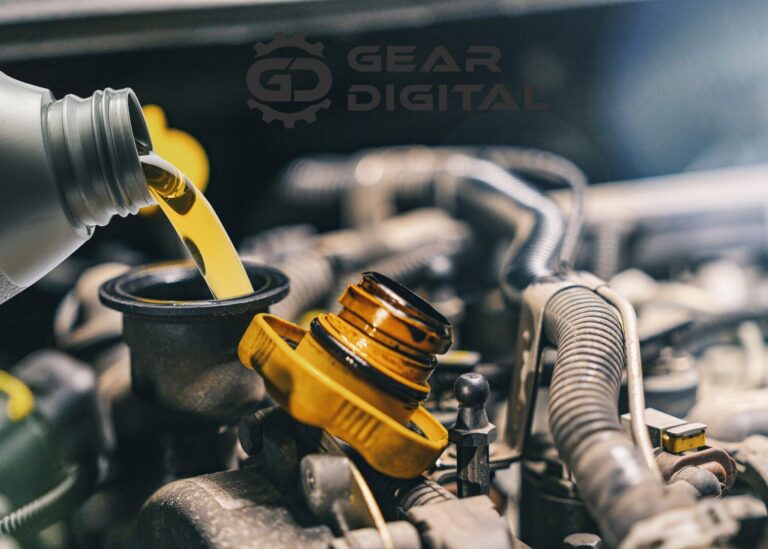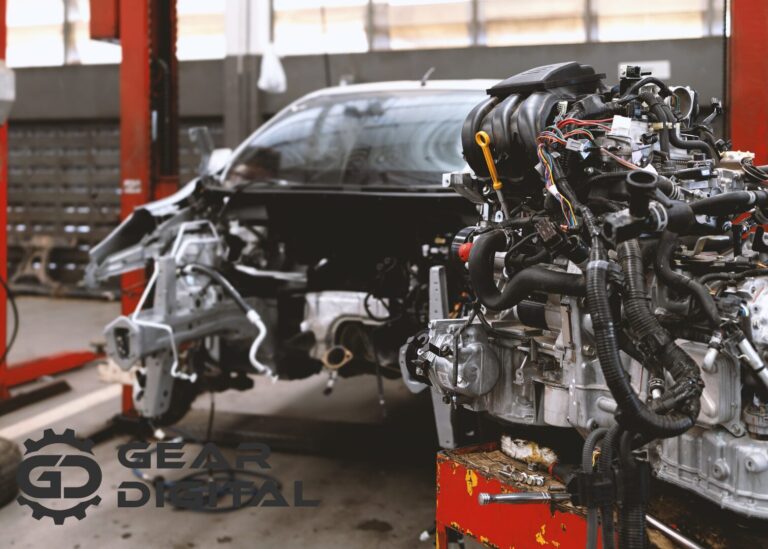The Diesel Maintenance Checklist: What Every Diesel Owner Should Know
Diesel engines are known for their durability, torque, and long lifespan — but they also require a different kind of maintenance than gasoline engines. If you own a diesel truck, van, or car, staying on top of preventive care is the key to avoiding expensive repairs, especially as emissions systems become more complex.
This guide outlines the essential diesel maintenance tasks every owner should track to keep their vehicle running strong and efficient — whether it’s for work, towing, or the daily grind.
Why Diesel Maintenance Is Different
Diesel engines operate under higher compression ratios, have heavier-duty components, and rely on fuel systems that are more sensitive to contamination. Add to that emissions components like the EGR system, diesel particulate filter (DPF), and DEF system, and you’ve got a powertrain that needs regular attention to avoid serious issues.
Bottom line: Diesel engines last longer — but only if you take care of them.
1. Change Oil and Filter Regularly
Diesel oil gets dirty faster due to higher soot loads and engine pressure. Always use diesel-rated oil (CJ-4, CK-4, or Dexos D) and change it every:
- 5,000–7,500 miles for heavy-duty use
- 7,500–10,000 miles for light-duty or highway driving
Using extended intervals without oil testing is risky — especially for vehicles that tow or idle frequently.
Pro tip: Always replace the oil filter when you change the oil. A clogged filter in a diesel can cause pressure issues.
2. Monitor and Maintain the DPF (Diesel Particulate Filter)
The DPF traps soot and must regenerate (burn off buildup) periodically. But short trips and idling prevent this process, leading to:
- Power loss
- Increased fuel consumption
- Costly DPF failure ($2,000–$5,000+ repair)
Make sure your diesel completes full regeneration cycles, especially if you mostly drive short distances. Forced regens at the shop are common if buildup gets too severe.
Verdict: Pay attention to regen cycles and avoid excessive idling.
3. Keep an Eye on the DEF (Diesel Exhaust Fluid)
Modern diesel engines require DEF to reduce NOx emissions. Running low or letting the fluid freeze in cold weather can trigger limp mode or prevent the vehicle from starting.
- Refill the DEF tank every 3,000–5,000 miles
- Use only high-quality, API-certified DEF
- Store it properly — exposure to heat or air can degrade it
Pro tip: Keep a spare bottle in the truck during long hauls or in cold climates.
4. Fuel Filters: Change Early and Often
Diesel fuel systems are more sensitive to water and contamination than gasoline engines. Even small amounts of debris or moisture can cause injector failure — which can run $2,000–$4,000 on common rail systems.
- Replace fuel filters every 15,000–20,000 miles, or more frequently if towing or running biodiesel
- Use high-quality filters recommended by the manufacturer
- Drain the water separator (if equipped) regularly
Warning sign: Hesitation, surging, or hard starts can point to a clogged or waterlogged filter.
5. Glow Plug System: Don’t Ignore Starting Issues
Unlike gas engines, diesels rely on glow plugs to start in cold weather. If the engine cranks too long or misfires on startup, a failed glow plug or controller could be the issue.
- Have glow plugs tested annually, especially before winter
- Replace failed plugs in matched sets to maintain balance
Bonus tip: If you live in a cold climate, plug in your block heater to ease cold starts and reduce wear.
6. Watch Coolant and EGR Health
Diesel engines run hotter, and emissions systems create extra heat load. Cooling issues can rapidly spiral into head gasket failures or EGR cooler damage — both expensive problems.
- Check coolant level and condition monthly
- Flush coolant every 2–3 years or per manufacturer guidelines
- Monitor for coolant loss or signs of white smoke
Verdict: Cooling system health is mission-critical on a diesel.
7. Listen to Your Turbo
Most modern diesels are turbocharged. Turbos can last 150,000+ miles with proper care, but neglecting oil changes or abusing boost can shorten that lifespan.
- Let the engine idle for 30–60 seconds before shutdown to cool the turbo
- Avoid throttle-heavy driving when cold
- Watch for whistling, smoke, or oil leaks near the intercooler or intake
Verdict: Preventative care will save you from a $2,000–$3,500 turbo replacement.
Diesel Maintenance Schedule at a Glance
| Task | Interval |
|---|---|
| Oil & Filter Change | 5,000–10,000 miles |
| Fuel Filter Replacement | 15,000–20,000 miles |
| Air Filter Replacement | 15,000–30,000 miles |
| Coolant Flush | Every 2–3 years |
| Transmission Service | 30,000–60,000 miles |
| Glow Plug Inspection | Annually (or before winter) |
| DEF Refill | Every 3,000–5,000 miles |
Final Thoughts
Diesel engines are built to last — many easily exceed 300,000+ miles — but only if maintained properly. Preventative care is not optional. Compared to the cost of major engine or emissions repairs, routine diesel maintenance is a low-cost investment in uptime, fuel economy, and long-term reliability.
If you’re unsure about your next service interval, get a full inspection from a diesel-certified shop. Staying ahead of the curve keeps your truck on the road and your repair bills low.
Let me know if you’d like this localized, SEO-optimized for a diesel repair shop, or turned into a PDF checklist for customer handouts.


